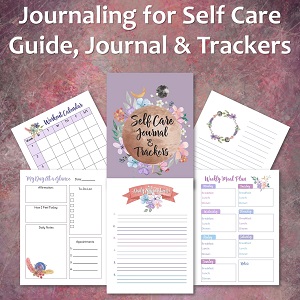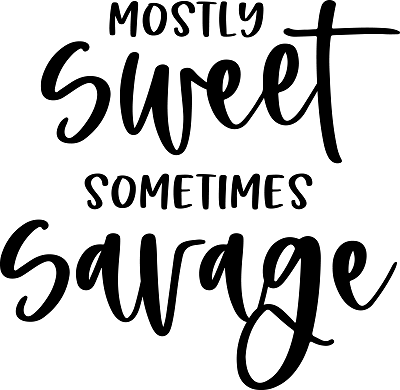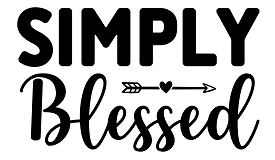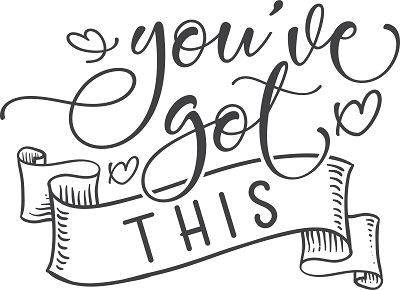 Whether you find it easy to make friends or nearly impossible, let me ask you this – are your friendships meaningful? There’s a difference between building a social network of acquaintances and developing close and fulfilling relationships.
Whether you find it easy to make friends or nearly impossible, let me ask you this – are your friendships meaningful? There’s a difference between building a social network of acquaintances and developing close and fulfilling relationships.
Not everyone is born with an innate ability to build amazing friendships. Luckily, you can improve your skills on the friendship front and improve your existing relationships while you’re at it.
1 – Notice Everything
You probably feel great when someone asks if you’re okay when you feel down. You may not have told them that you weren’t feeling yourself, but you appreciate the fact that they noticed – they pay attention to you and that’s something we all appreciate.
Don’t just focus on the words that someone is saying; take notice of the whole person. So, when you’re deep in conversation with someone hear the tone they’re using, look at their body language, and consider their facial expressions.
You can detect when there’s a disconnect between words and the rest and when you learn how to do this you can have a more meaningful conversation that builds a strong connection and opens the doors to a trusting relationship.
2 – Remember What’s Important
It isn’t just about what you think is important, it’s about what is important to others, too. One of the biggest steps in building a relationship is remembering someone’s name (if you’re meeting new people) and remembering the key information that they share with you as you’re getting to know them.
When they tell you about your job or their family, remember the key pieces of information that they are sharing with you.
This is especially important if you see excitement on their face as they’re discussing a certain subject. Store that factoid away for another day and ask them about it later, they will be delighted to see you remembered the information.
3 – Manage Mood Swings
It can be difficult for people who experience mood swings to build meaningful relationships. Sometimes engaging with others is more important than getting lost in your emotions.
If you’re going through something deep and it’s affecting your ability to listen and fully engage share that with the person you’re speaking to so they know you’re not fully present. That doesn’t mean you need to go into the details if your relationship isn’t at that stage yet.
4 – Know When to Share
You don’t need to pour your heart out and tell your entire life story within five minutes of sharing your name with someone. Not only will they not remember anything you tell them but they probably aren’t interested in hearing it yet. Building meaningful relationships requires pacing – it truly is a marathon, not a sprint.
You should know how much to share and at what point in the friendship. When someone shares a story with you, you can draw one from your own life to share. Just be careful that you’re not trying to outdo them, or overshadow their experience with yours.
It’s all about being sensitive to their emotions and showing empathy. Don’t race into your story as soon as they’re done speaking, first respond to what they have told you.
5 – Listen & Question
You want people to listen to what you have to say, so make sure you listen to others. Don’t get caught up thinking about what you’re going to say next – actively listen to what someone is telling you and respond before you go any further.
If you find yourself falling into this bad habit – breathe – and start listening. People want to bond with others who actively listen.
One effective way to show that you are listening is by asking appropriate questions. This can take the form of simply validating that you heard them correctly or by asking for more information about what they have told you.




